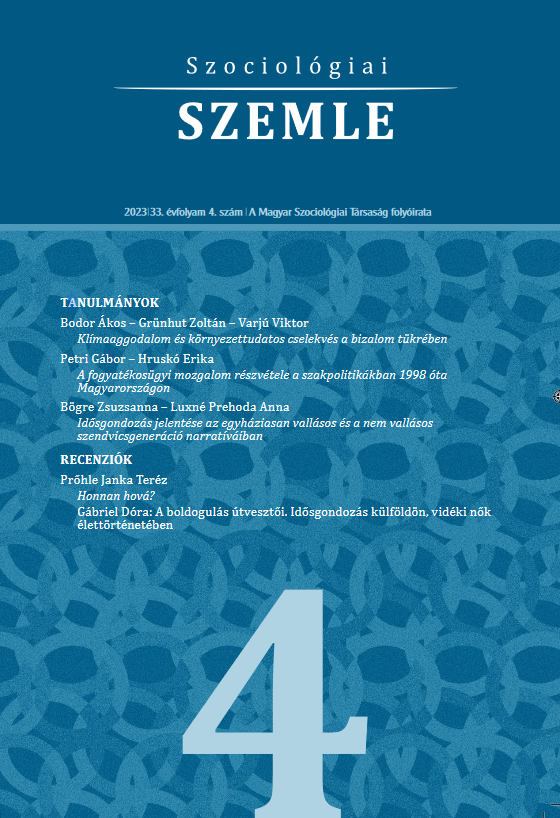The participation of the disability movement in policy-making in Hungary since 1998
Abstract
The disabled people’s movement has successfully lobbied for progressive policy changes around the world. The movement’s achievements have influenced today’s liberal democracies. However, it remains unclear what happens to disability movements in eroding democracies where the space for civil society advocacy is shrinking. This paper explores the Hungarian disability movement and how the movement’s participation in policy-making has changed since 1998. The inquiry builds on 15 interviews with experienced disability advocates and document analysis of policy papers. Our study shows that the Hungarian disability movement’s involvement in policy-making has shrunk markedly over the last decade. Consultative platforms have been hollowed out, and disability advocacy organisations often self-censor their public statements in fear of government response. The movement has become fragmented. The government’s policy mechanism has shifted away from the human rights approach. The movement’s access to the media and access to independent human rights bodies have also shrunk.





